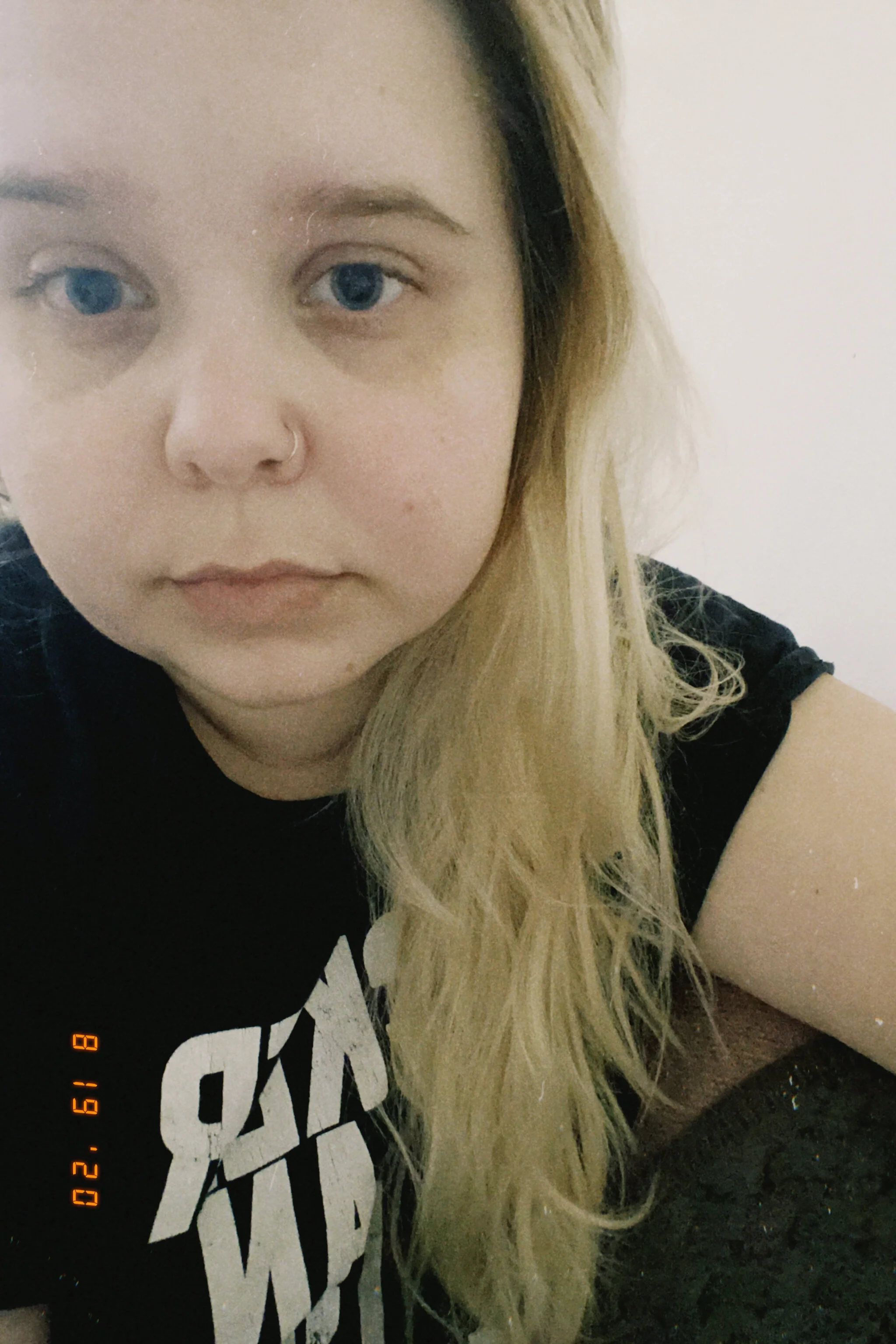The Business of Being Busy
Four years ago, I couldn’t do much of anything. I couldn’t get out of bed. I held down a job, but barely. At the end of each work day, around 6 PM, I would crawl into bed and sleep for 12 plus hours. I’d wake up exhausted and I’d do it again. It was a success for me if, on a Saturday morning, I could handle an hour-long breakfast with my mom before having to lay back down.
While I’ll never be “all better,” I’ve made great strides back to some sort of normalcy since then. Thanks to a medication that works, *I* can work. I have a job that I love and excel at, I do yoga several times a week, I see friends (well, I DID see them before COVID), and most importantly, sometimes I even stay up until 11 PM!
But while my disease is no longer sapping me of my entire life force, the fatigue has not gone away. It’s improved, but it’s still there, and every time I start to think I’m a “normal” twenty-something, I have a day that reminds me that my body simply can’t do what it used to. It can’t do what most of my peers can do. It’s not built that way anymore.
You see, when I got housebound-levels of sick in 2016, everything stopped. As my health slowly started to improve, I was able to slowly add some things I love back into my life. But nothing was easy, and everything was a careful negotiation. Some things had to change permanently. I had to learn to let some things go. I had to accept that, no matter how much I wanted things to be different, I was no longer someone who could stay out until 4 AM, or keep pace with my friends on a girls trip. I am no longer someone who, on a weekend, can go out shopping during the day and then segway into a party at night. I have to pick one. The baseline of what exhausts me had been permanently lowered.
And that’s not uncommon. Studies suggest that up to 41% of IBD patients “in endoscopic remission” still report fatigue as one of their more debilitating symptoms. Fatigue is the insidious, not-often-enough discussed symptom of autoimmune diseases that changes the fundamental way you live life. And this week, I’ve been thinking about just how much it’s changed mine.
This week, I’ve been busy. But when I go to express that, I second guess myself. Because when I count the number of things I need to do, I realize for a healthy person, this might not register as a “busy week.” It might just be a normal week. But for me and my capacity, having extra projects at work and a long list of household chores shakes out to be… exhausting, and sometimes more than I can handle.
Because the hardest thing to explain about fatigue to people who have never experienced it is that there is no “pushing through.” I can’t pull an all-nighter, because when I’m “busy” like this, by 8 PM my eyes are starting to close and the physical exhaustion has started to manifest itself as physical pain. The best way I can explain it? It’s like you hit a point where your battery has suddenly run out, and you don’t have a charger. You can’t do anything but lay down and hope tomorrow is better. And if you TRY to push through? Stack the busy days one on top of the other? The whole tower could fall, and you could push yourself right into a serious flare.
And in the world we live in, that can really get into your brain and cause a ton of anxiety. Capitalism and hustle culture have taught us that our value as human beings resides in our output. We are how much we can do. So when your new normal makes that output finite, and much less than that of your healthy peers? It’s easy to beat yourself up.
Which is why this week, I realized I have some sort of sick kid imposter syndrome around telling people it’s “a busy week.” I worry I can’t justify it. I worry they’ll see that my “busy” is so much less than their definition of busy, and they’ll judge me for it. They’ll think I’m worth less. They’ll think I can’t do as much as they can.
And the truth is? I can’t do as much as they can. And I’m working on coming to terms with that. Because the thing is, the things I can do? I do them with my whole heart, and my whole mind, and a hell of a lot of passion and skill. And more importantly: Even when I am doing nothing but surviving, even when there is no work product, or book I read, or fancy dinner I made to show off for my time -- I am still valuable. I am still worthy of good things. And so are you.





